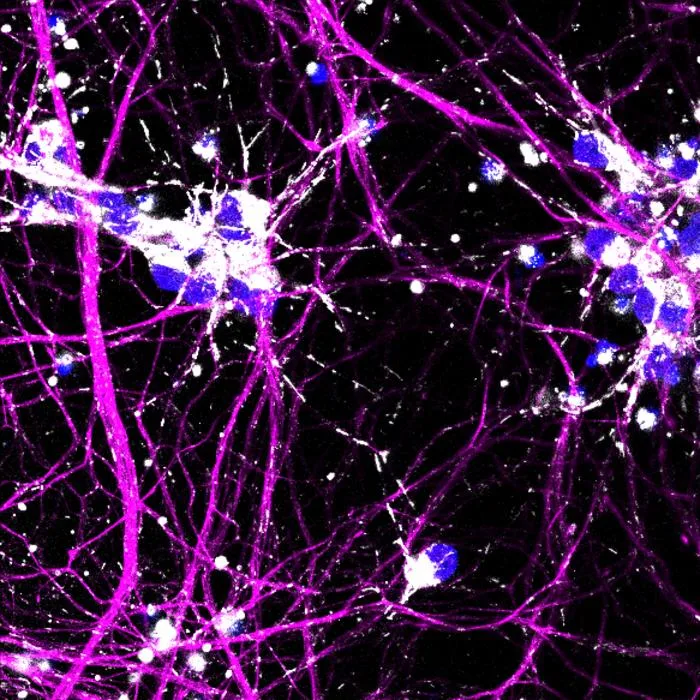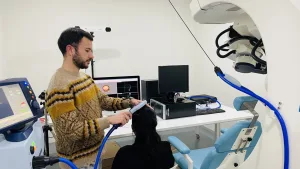CRISPR: Revolutionizing Research and Transforming Lives
The CRISPR gene editing tool has emerged as a groundbreaking technology, not only transforming research laboratories but also holding immense potential for improving lives through medical advancements. Its precision and versatility are driving innovation across various fields.
The Power of CRISPR in Research
CRISPR’s ability to precisely target and modify DNA sequences has revolutionized genetic research. Scientists can now:
- Easily edit genes to study their function.
- Develop new models for disease research.
- Accelerate the discovery of potential drug targets.
CRISPR’s Impact on Thalassemia Treatment
One of the most promising applications of CRISPR is in the treatment of genetic disorders like thalassemia. Researchers are exploring CRISPR-based therapies to:
- Correct the genetic mutations that cause thalassemia.
- Enable patients to produce healthy red blood cells.
- Potentially offer a cure for this debilitating disease.
Beyond Thalassemia: Expanding the Scope of CRISPR
The therapeutic potential of CRISPR extends far beyond thalassemia. It is being investigated for a wide range of diseases, including:
- Cystic fibrosis
- Huntington’s disease
- Certain types of cancer
Ethical Considerations
While CRISPR holds tremendous promise, it’s crucial to acknowledge the ethical considerations surrounding its use. These include:
- Ensuring equitable access to CRISPR-based therapies.
- Addressing potential off-target effects.
- Engaging in public discourse about the responsible use of this technology.
Final Overview
CRISPR gene editing is revolutionizing both research and therapeutic interventions. While challenges remain, the potential for CRISPR to transform lives is undeniable. Continued research, ethical considerations, and responsible implementation are crucial to unlocking the full benefits of this groundbreaking technology.



+ There are no comments
Add yours